Latest
Trump Admin Fires Multiple White House National Security Council Staffers
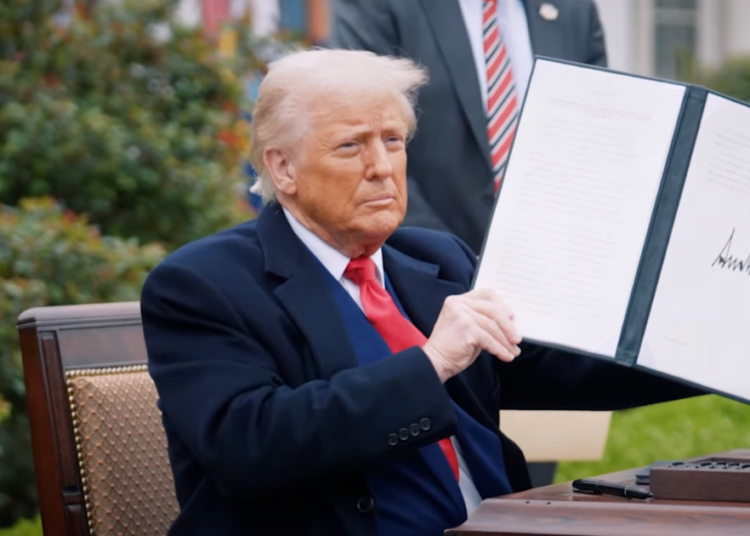
Trump Administration Cuts Dozens from National Security Council in Push to Streamline Foreign Policy Team
The Trump administration has made a significant shake-up inside the White House, dismissing dozens of staffers from the National Security Council (NSC) as part of a broader plan to streamline the president’s national security operations. The move, carried out on Friday, marks a clear shift in how national security will be managed during Trump’s second term.
The dismissals included a mix of career officials and political appointees, all previously assigned to the NSC. According to sources familiar with the decision, the staff cuts were directed by Marco Rubio, Trump’s recently appointed national security adviser and concurrently the secretary of state. Rubio replaced Michael Waltz, who was removed from the NSC role following a series of missteps, though Trump later announced plans to nominate Waltz as U.S. ambassador to the United Nations.
Officials inside the administration said the decision to reduce staff was part of an ongoing strategy to scale back the NSC, which many within Trump’s circle believe had become bloated and overly bureaucratic under previous administrations. At its largest, during the Obama administration, the NSC reportedly swelled to around 400 staffers, a size critics argue made coordination slower and less efficient.
Now, under Trump and Rubio’s direction, the NSC will be reduced to roughly the same size it was at the end of Trump’s first term, around 110 personnel. Some senior advisers have suggested it could be trimmed further to about 60, following a model set during the Eisenhower era. This proposal reflects the administration’s desire for a leaner, more responsive advisory body that reports directly to the president and trusted cabinet members.
The NSC traditionally includes policy experts and representatives from major national security agencies, serving as a key advisory hub for the president. However, its role has been noticeably reduced in Trump’s second term, as he increasingly prefers to make foreign policy decisions through a smaller inner circle. That circle now includes Secretary Rubio, Middle East envoy Steve Witkoff, and Treasury Secretary Scott Bessent—figures viewed as deeply loyal and ideologically aligned with the president.
This shift continues a trend Trump began late in his first term, when Robert O’Brien, his final national security adviser, led an effort to cut NSC staff. Now serving as chairman of American Global Strategies, O’Brien published an op-ed with national security expert Alexander Gray suggesting the NSC could function with just 60 staff members, echoing historical models from past Republican administrations. O’Brien also noted that holdover personnel from previous governments had become an obstacle to Trump’s agenda—an argument that reportedly influenced the latest round of dismissals.
In parallel with the NSC overhaul, the Trump administration is also reshaping the Justice Department’s legal team, another move signaling deep institutional change. The DOJ has begun removing career attorneys seen as reluctant to enforce Trump’s policies, and replacing them with politically appointed lawyers loyal to the administration’s priorities.
This new legal team is already stepping into high-stakes litigation, including cases related to immigration policy, civil service reforms, and broader efforts to reshape the federal workforce. According to court reports, these new attorneys are at times appearing without veteran legal counsel, breaking long-standing norms in major government legal battles.
Altogether, the Trump administration’s recent actions reflect a strategy of tightening executive control, reducing reliance on longstanding institutional structures, and placing trusted allies in key roles. With a reshaped NSC and a retooled legal team, the president appears to be building a government more aligned with his vision—and less influenced by what he and his advisers see as entrenched resistance from within the bureaucracy.
Scroll down to leave a comment and share your thoughts.
-
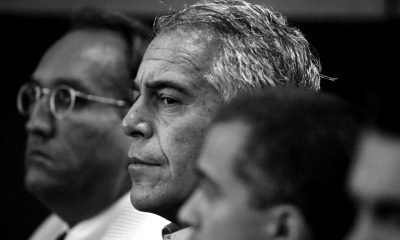
 Latest6 months ago
Latest6 months ago𝗔𝗹𝗹 𝗼𝗳 𝘁𝗵𝗲 𝗻𝗮𝗺𝗲𝘀 𝗺𝗲𝗻𝘁𝗶𝗼𝗻𝗲𝗱 𝗶𝗻 𝘁𝗵𝗲 𝗻𝗲𝘄 𝗝𝗲𝗳𝗳𝗿𝗲𝘆 𝗘𝗽𝘀𝘁𝗲𝗶𝗻 𝗱𝗼𝗰𝘂𝗺𝗲𝗻𝘁𝘀.
-

 Latest8 months ago
Latest8 months agoParis Hilton and Kanye Connected? “They Held Me Down, Spread My Legs…” [WARNING: Graphic]
-
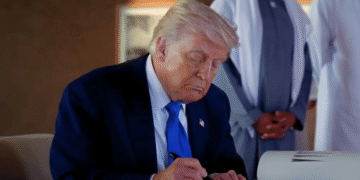
 Latest7 months ago
Latest7 months agoHistoric Verdict Rocks America — Donald Trump Officially Convicted in a Turning Point No One Saw Coming
-

 Latest8 months ago
Latest8 months agoAlex Jones Exposes What’s Going On With Dan Bongino
-

 Latest6 months ago
Latest6 months agoProminent Republican Politician SWITCHES To Democrat Party
-
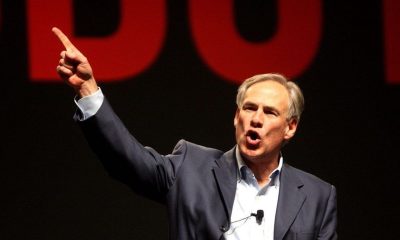
 Latest6 months ago
Latest6 months agoBREAKING: Supreme Court Responds to Gov. Greg Abbott’s Emergency Petition to REMOVE Runaway Democrat Leader
-
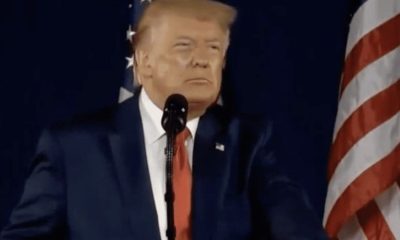
 Latest6 months ago
Latest6 months agoBOMBSHELL: President Trump Confirms Joe Biden Dead Since 2020!
-
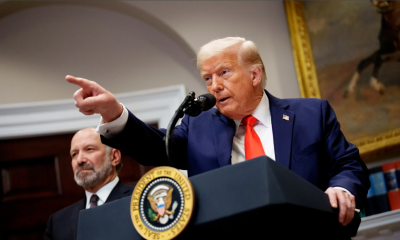
 Latest7 months ago
Latest7 months agoBREAKING: President Trump drops a new message for America — and it changes everything.
